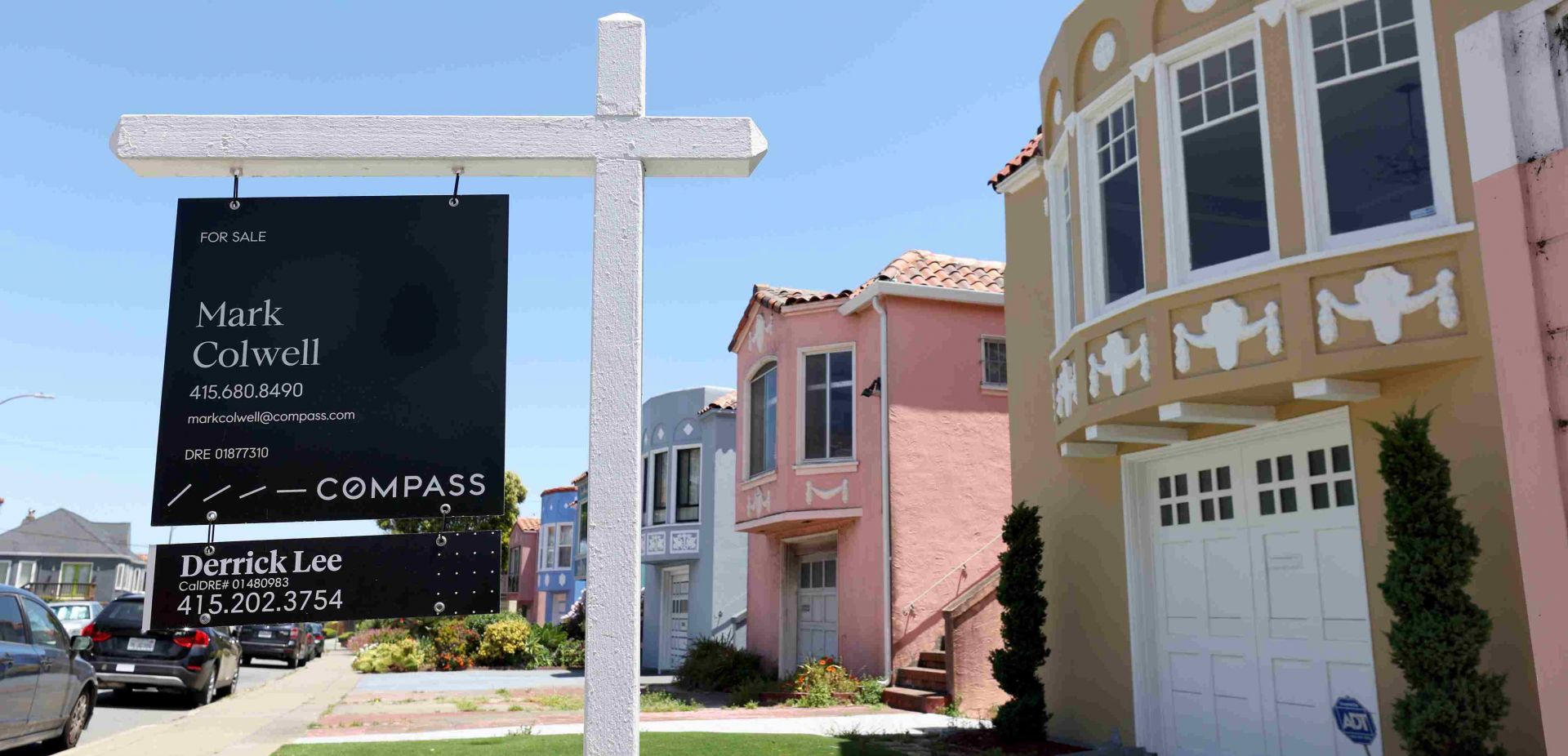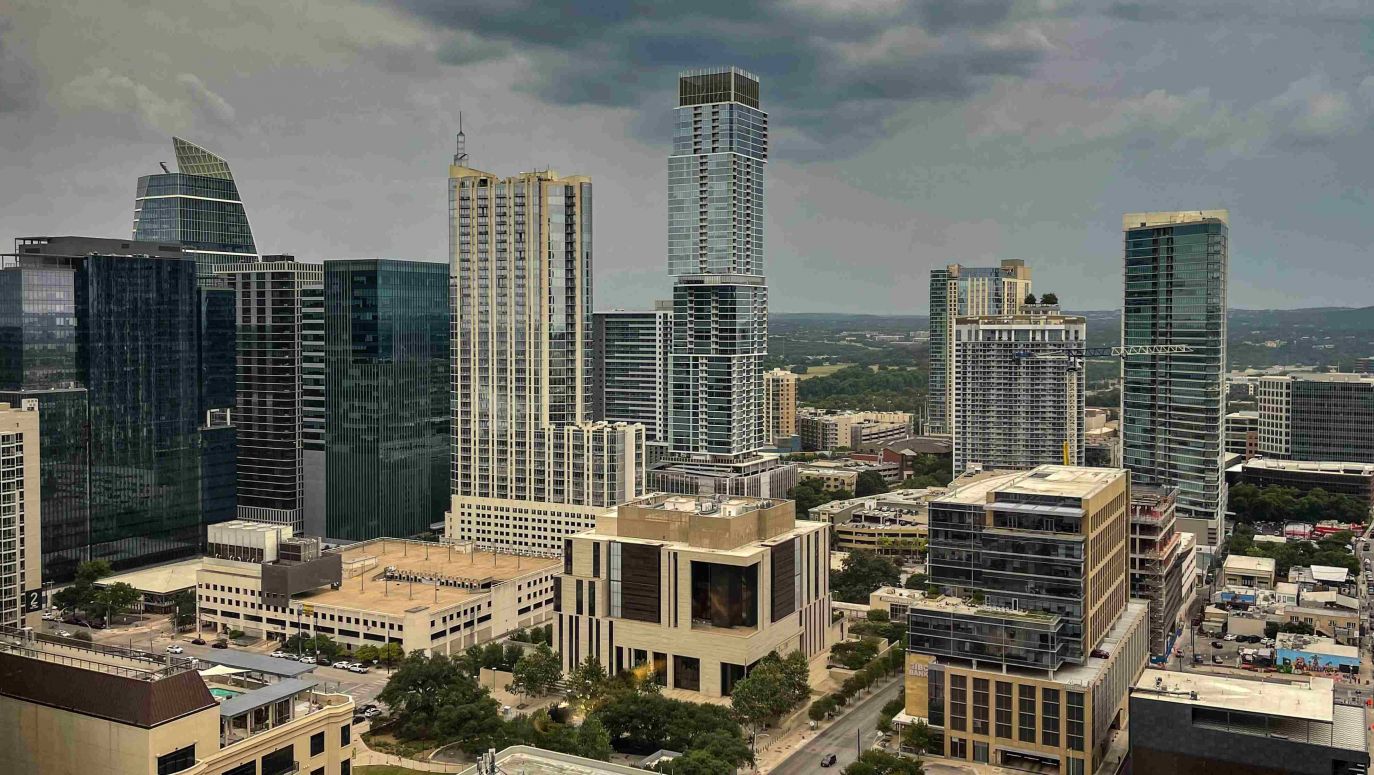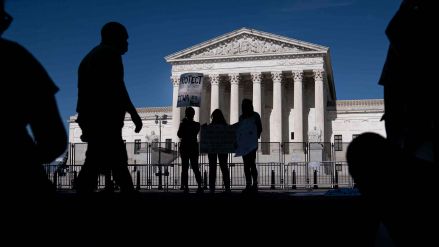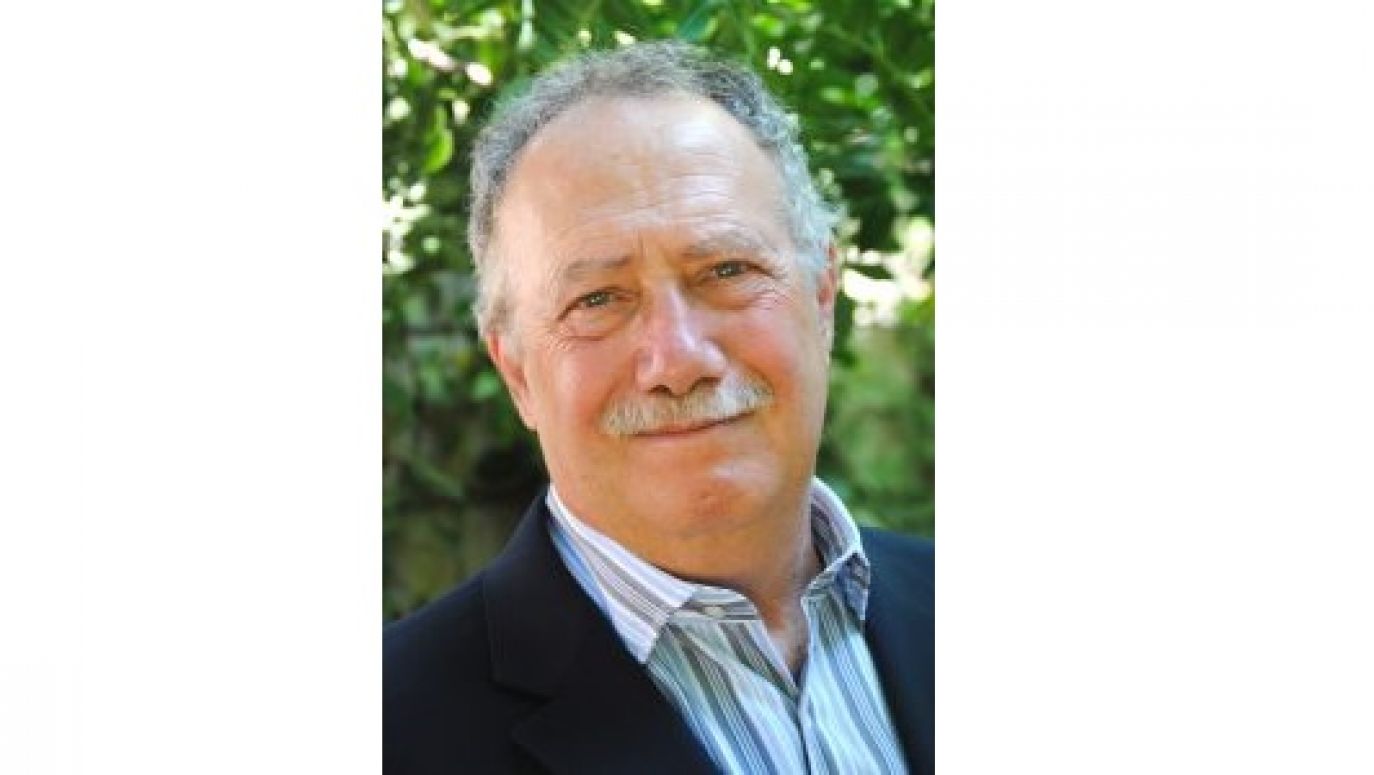Why do the elites need a contemporary “peasantry”?
19.10.2022
The elites are not working to expand the sphere of knowledge, but rather to create ideological constraints, even in fields such as mathematics or medicine. The same mentality that has already corrupted the humanities spills over into exact sciences. Many even believe that obedience to the “official science” has already taken precedence over independent thinking – says Prof Joel Kotkin.

What will the right-wing governments in Italy and Sweden bring to Europe?
see more
In your book, you write about the special role which belongs to intellectual elites – you call them “clerisy” – to provide intellectual justification for the emerging hierarchy. This secular global elite (cultural creators, intellectuals, academics and media workers) is the modern clerisy. Like the World Controllers from Aldus Huxley’s “A Brave New World”, aided by technology and culture, they legitimise the new world order.
We can see this on many levels. The so-called experts are important, of course, but in areas such as climate change, issues of race or gender they have accepted, or created, an orthodoxy that harms society. As Daniel Bell points out in his excellent book “Coming of Post-Industrial Society”, the growing importance of science and technology gives these elites incredible power. What is saddening, however, is that they are not working to expand the areas of knowledge, but rather to create ideological bubbles, even in fields such as mathematics, medicine or science. The same mentality that has already corrupted the humanities is extending to the STEM field (science, technology, engineering and maths). For many, obedience to “official science” has taken the place of independent thought. Those belonging to the chosen elite have incredible power, determining what constitutes acceptable behaviour. And all those who have a different opinion are increasingly marginalised or cancelled.
The new neo-feudal Elite badly needs central government, which is why – with the support of the intellectual elite – they support the expansion of the welfare state. The state, through subsidies and direct payments, is supposed to stove off various rebellions like the “yellow vests” in France, the truckers’ protests in Canada or the farmers’ protests in the Netherlands. This is why people calling themselves libertarians, who stand for unlimited freedom of movement of capital on a daily basis, support such radical extensions of the welfare state as the call for the introduction of a universal basic income, right?
It is a phenomenon that I am trying to understand. Libertarians have become blind servants of capital, and because the system produces unimaginable inequalities, they want to wave “the proletarian alms-bag” – as Marx called it in The Communist Manifesto – in order to rally the people to them. Instead of reaping the benefits of wage labour and concentrating on getting as many people as possible to increase their opportunities, libertarians and oligarchs thought it would be better to bribe the modern “peasantry” than to risk their own heads…
You write that the process of oligarchisation of capitalism began as early as the 1970s, when the opportunities of the middle class diminished. In 1989 Poles were probably the most pro-capitalist society in the world. The snag is that our vision of American capitalism at the time, known from Hollywood films – with an average family owning a beautiful house with trimmed grass in the suburbs, two cars, and a bunch of kids on bikes or skateboards – was already largely out of date. Now we are reworking the latest version of it: turbo-capitalism with speculation and abusive financial markets, junk contracts, wages suffocated by the export of industrial production to cheaper markets and mass emigration. It is hard to see a better future... .
In many parts of America, the model you describe is still functioning. The dream of a house in the suburbs is still alive in the South – in Texas, the Great Plains Prairies or the Midwest. But at the same time, this dream is becoming increasingly difficult to realise, especially in areas governed by the Democrats. The regulations they are introducing are forcing people to move to densely populated urban areas, where, in turn, property prices are the highest.
The problem for Poland, as for other countries that caught on to late neo-liberal capitalism, was that by the time you broke free from socialism, much of the productive work in the world had already gone to China and other developing countries. The situation can only change if Western countries begin a process of reindustrialisation and make the provision of middle-class jobs their political priority. But finance and corporate capital likely prefers off-shoring to get higher returns and access to a subjugated workforce.
In a world where an established social hierarchy is rapidly replacing opportunity, there often is a backlash against global-consensus capitalism: Brexit, the election of Donald Trump as president in 2016, the triumph of the right-wing parties in Hungary and Poland. The recent elections in Sweden and especially in Italy show that voters want a return to the old bourgeois values: the right to choose one’s own life path, to have a normal family, a nation, to live in a local community. On the other hand, there is a strong push to establish neo-feudalism on a global scale.
It saddens me that the right response to the excesses of capitalism is proposed not by the political centre but the extremes. In Italy and Sweden, it is the right side of the political scene, but in South America or France, left-wing authoritarianism gains stream. And yet it is possible to oppose the excesses of neo-liberalism without shrugging off slogans against the rights of women, gays or immigrants. The problem is that the intellectual elite, the “clerisy”, is increasingly becoming a follower of its own religion. This religion is a mixture of climate apocalypism, a belief in gender fluidity and anti-racism, which assumes that white people are inherently racist and must be either discriminated against or at least re-programmed.
Meanwhile, we need a rational, pragmatic alternative that supports economic growth, legal immigration and welcomes a growing role of women in society.
Prof. Joel Kotkin is a recognised authority on issues related to contemporary trends in politics and economics, especially at the global level. An eminent specialist in urban planning (sometimes referred to as “America’s uber-geographer”), he has led numerous research projects on American cities and agglomerations (especially in California and Texas). Author of numerous books and journal publications. In his book “The Coming of Neo-Feudalism: A Warning to the Global Middle Class”, published in 2020, prof. Kotkin suggests that modern Western societies are moving towards a feudal model, a trend accelerated by the consequences of the coronavirus pandemic. “Millions of small businesses are on the brink of bankruptcy, millions more people have lost their jobs and even more have been reduced to the status of serfs with nothing. The big winners are the class of so-called experts, but especially the Big Tech oligarchs, who gain more and more the more ordinary people use algorithms in their relationships with others”, he wrote. Prof. Kotkin lives in California. Read more at: https://joelkotkin.com

 SIGN UP TO OUR PAGE
SIGN UP TO OUR PAGE
 What do you have in mind?
What do you have in mind? 







